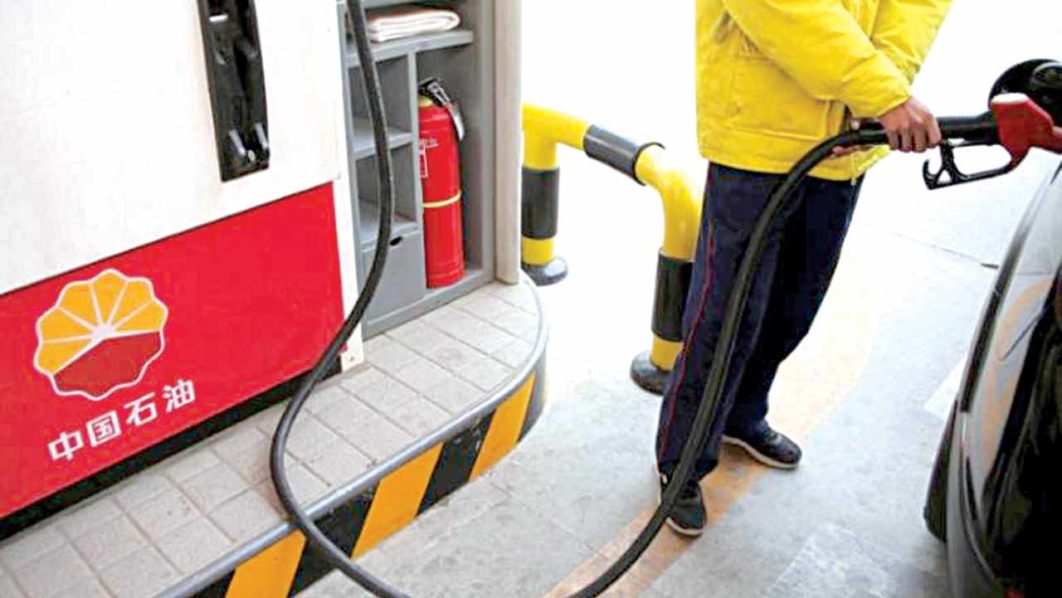
The National Bureau of Statistics (NBS) has revealed that the importation of petrol by the Nigerian government has dropped by fifty percent following the removal of subsidy.
Minister of Information and National Orientation, Mohammed Idris gave out this details while speaking on what the Federal government has achieved so far within nine months.
Idris in a statement on Friday said when President Bola Ahmed Tinubu was sworn in on May 29, 2023, he made far-reaching statements regarding his economic vision for Nigeria.
According to the Minister of Information, two policy statements stood out in this regard during the inauguration of Tinubu as President.
First, Tinubu announced an immediate end to the petrol subsidy regime, because it could no longer justify its ever-increasing costs in the wake of dwindling resources.
He also made a firm promise to channel the savings accruing from the removal into much-needed investments in public infrastructure, education, healthcare, social investment and prosperity for tens of millions of Nigerians.
“Since the removal of the petrol subsidy, petrol importation has dropped by fifty percent, amounting to one billion liters monthly, according to data released by the National Bureau of Statistics,” Idris said.
On a related note, Idris announced that crude oil production is rising steadily, increasing to an average of 1.55 million barrels per day in Quarter four of the year 2023.
The Minister added that crude oil production actually increased from 1.22 million barrels per day which was recorded in the preceding quarter.
Also, according to Idris, monthly receipts by States from the Federal Accounts Allocation Committee (FAAC) have surged since the subsidy removal.
This surge has now given governments at all levels billions of Naira in extra headroom to deliver the dividends of democracy to Nigerians.
“It is instructive that the removal of the petrol subsidy was one policy decision that all the three major candidates were unanimous on, in their campaign messaging,” Idris said.
“It is therefore mystifying to see people who had argued stridently for the removal, now pretending to be against it today. This insincerity does not bode well for our country and our democracy.”






